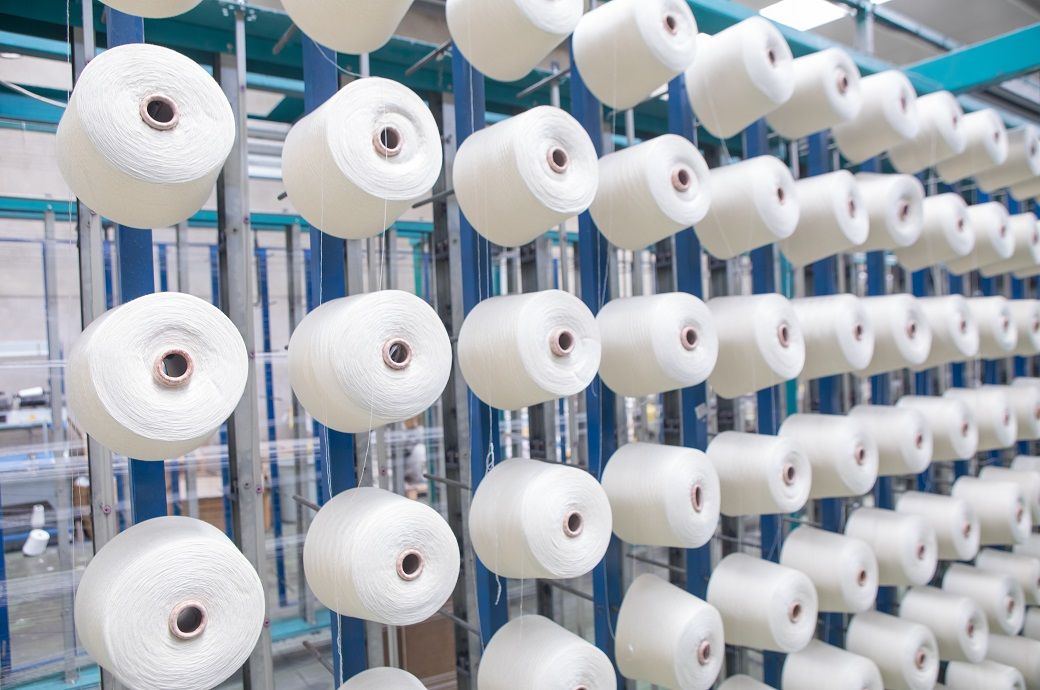

At the country level, March survey data showed further marked divergences in performance. Of the monitored eurozone constituents, Greece continued along its resilient growth path, with manufacturing conditions improving to the sharpest extent in over two years. The Greek upturn far outpaced the next-best performer, Spain, which saw another modest expansion which was only fractionally weaker than that seen in February. Italy recorded the first pick-up in conditions across its goods-producing sector for a year, while the rest of the monitored countries remained mired in contraction.
Manufacturing output within the euro area decreased in March, extending the current period of decline to exactly one year. However, the pace of contraction cooled to the weakest since April 2023. A slower downturn was also seen for new orders, with the rate of reduction easing for a fifth month in a row. Helping to curb the eurozone manufacturing demand slump was a diminished drag from international markets as export sales fell to the weakest extent in close to two years, as per S&P Global.
Eurozone goods producers continued to reduce their purchases of inputs at the end of the first quarter, although the decline was its softest since March 2023. The latest data continued to indicate a preference for using existing pre-production stocks, as warehoused inputs fell for a fourteenth successive month.
Challenges receiving purchased items from vendors continued to ease in March, with the latest survey data signalling reduced supply chain disruption for eurozone manufacturers. Suppliers’ delivery times shortened to the greatest extent since last September despite ongoing issues with ships in the Red Sea.
Meanwhile, eurozone goods producers made further inroads into their backlogs of work. Although the rate at which incomplete orders fell was its slowest since February 2023, it remained steep overall. Eurozone factories remained steadfast with job shedding, in line with the trend since last June, although the decrease in workforce numbers was moderate and unchanged from those seen so far this year.
Eurozone manufacturers recorded yet another month of falling input costs in March. The reduction was solid, but the least marked in a year. Nevertheless, prices charged for goods were discounted more heavily. Overall, the decrease in output prices was the quickest since last November.
Looking ahead, the latest survey data highlighted a pick-up in eurozone manufacturers’ growth expectations for the next 12 months. Optimism towards the outlook for production was at its strongest since April 2023, but still slightly below its long-term average.
Fibre2Fashion News Desk (DP)